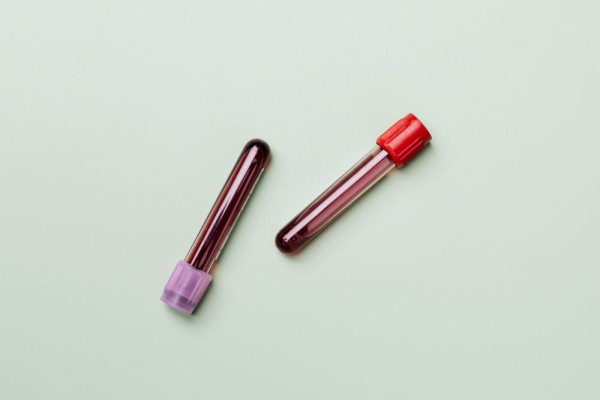Only nine people have this blood type
 |
| illustration of a blood test (pexels.com/Karolina Grabowska) |
An extremely rare blood type has been discovered in eastern China. It was detected as rare blood type p, a subtype of blood type P.
According to the South Morning China Post website, this was discovered during a routine blood test last year at a hospital in Taizhou, Jiangsu province.
It is said to be rare because there are only about 12 cases detected to have blood type P in the Bamboo Curtain country, a type with a lower frequency of 1:1,000,000.
Taixing People’s Hospital has submitted the genetic sequence to the GenBank database, an open collection managed by the National Center for Biotechnology Information in the United States.
Only 9 people have it
In December, it was said that the nucleotide sequence present in the sample had never been detected before in the world. The sequence has been assigned serial number OR900206 in the human gene database.
This discovery adds to the new cases of rare blood types recorded in history. According to People’s Daily, there are three rare blood types:
- The rhesus negative blood type, commonly known as “panda blood”, makes up about 0.4 percent of China’s population.
- The para-bombay phenotype known as “dinosaur blood” amounts to about 1:10,000 to 1:100,000.
- The frequency of blood type P is lower than 1:1,000,000.
Cao Guoping, a doctor from Taixing People’s Hospital, told the media that the gene sequencing results in this case are not consistent with all gene mutations of the P blood group.
There are currently only nine cases of p subtype blood group recorded in China. Data shows that there are five regular phenotypes in the P blood group system, namely P1, P2, P1k, P2k and p.
P1 and P2 are more common, while P1k, P2k and p are very rare. In testing, blood group P is easily missed because it cannot be picked up by existing reagents for ABO and Rh blood groups.

